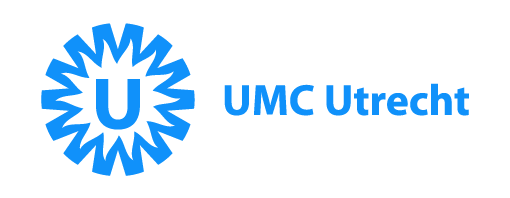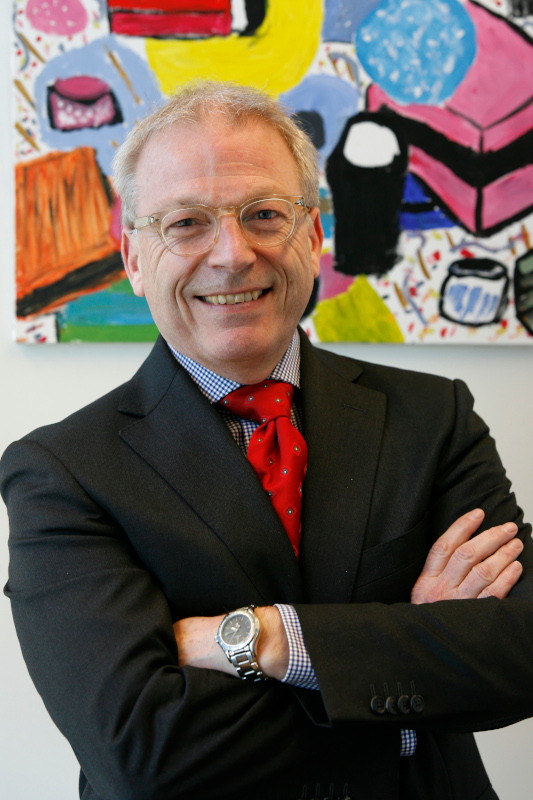
Peter R. Luijten received his training in physical and theoretical chemistry from 1972-1979 (Amsterdam). After finalizing his thesis on NMR studies of molecular dynamics in liquid crystals (1984, Amsterdam, San Diego), he became a research scientist at Philips Medical Systems in the Magnetic Resonance Imaging division. He developed multiple new technologies resulting in several patent applications and peer reviewed scientific journals. In 2005 he was appointed Professor of Functional Medical Imaging at the University Medical Center in Utrecht, chair of the imaging department in 2014 and director of the UMC Utrecht Center for Image Sciences in 2015. From 2017 to 2021 chair of the division of Imaging and Oncology in the UMCU. From 2021: vice dean Utrecht Life Sciences, Utrecht University. In 2007 he was appointed Chief Scientific Officer of the Center for Translational Molecular Medicine, a position he held jointly with his academic appointment at the University of Utrecht.
He served on the board of trustees of the International Society of Magnetic Resonance in Medicine and was appointed a fellow of this society in 1995. He received the European Magnetic Resonance Award for Basic Sciences in 2002.
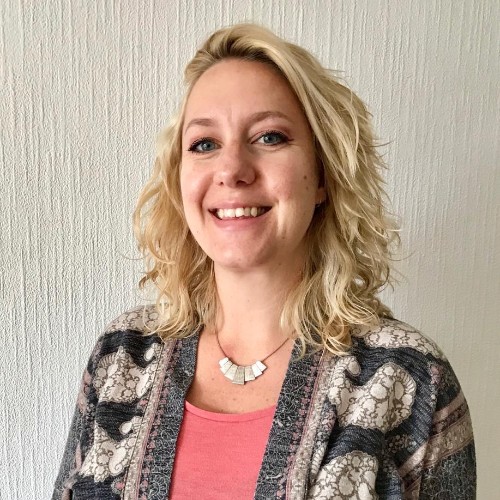
Communicative, structured and pragmatic (international) research coordinator/ project manager. I have over 12 years of broad technical laboratory experience (specifically in organoid technology). For the past 6 years my tasks were focussed on organizing and coordinating (biomedical) research projects on both a practical and a management level. My main interests are to set up research projects that involve science translation and overall research policy. I am a teamplayer with strong organizational skills and I am very result driven. Additionally, I am a strategic and analytic person that loves solving problems.
Specialties: Assay development, human organoid stem cell technology and applications, microbiology, cell culture, immunology, molecular biology and host-pathogen interactions. I am mainly skilled in human intestinal (colon) organoid isolation, culture, and forskolin induced swelling (FIS) assay in the cystic fibrosis research field.
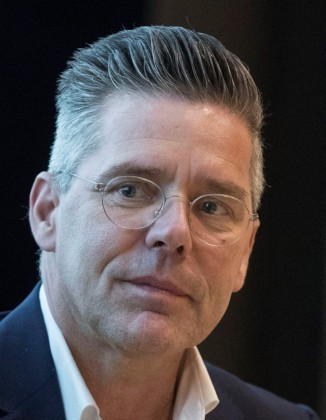
Quality of Research
- UMC Utrecht is a decentralized hospital, my role is to insure that central policies are being followed and that researchers are supported at all levels. Connecting the researcher with central solutions, products and services is of great importance.
- The last years the UMC Utrecht has invested in the program Research IT. Centralization of HPC cluster and all kind of storages are realized and a research data platform is developed and implemented.
eHealth & Big Data
- Developing a strategy to use and implement eHealth solutions in the continuum of care perspective. We started four internal pilots and will be starting another 4 pilots in association with a nationwide program eHealth which is initiated by the ministry of health (Citrienfonds).
- Defining a vision and strategy on Big Data. In this perspective we started the program Applied Data Analytics in Medicine (ADAM). Aim is to develop a strategy in resolving clinical problems by using existing data. This project is in collaboration with several vendors. We are going to start with four pilot projects. We will work in an agile scrum methodology. At the end of this year/beginning of next year we will have our first results.
Nationwide program Data4LifeSciences
- This program is coordinated by the Netherlands Federation of University Medical Centers (NFU). The aim of the Data4lifesciences program is to connect local initiatives to national and international infrastructures. UMC Utrecht leads one of the work packages ‘Connecting research’; empowering the researcher community to share, use, analyze and archive data in a sustainable way.
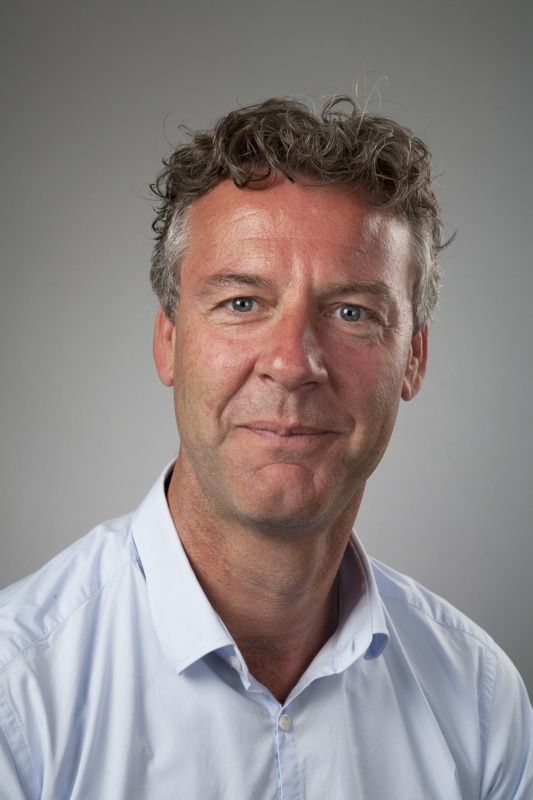
K.G.M. (Carl) Moons is Professor of Clinical Epidemiology at the Julius Center for Health Sciences and Primary Care, UMC Utrecht, Utrecht University, Utrecht, The Netherlands. He is Director of Research of the Julius Center (550 Employees). He headed the research program ‘Research Methodology’ until 2019.
Education:
- MSc in Biomedical Sciences (Radboud University Nijmegen, 1992);
- MSc in Clinical Epidemiology (Erasmus University Rotterdam, 1994)
- PhD in Medicine (Erasmus University Rotterdam, 1996).
Since 2005 full Professor of Clinical Epidemiology at the Julius Center,UMC Utrecht, Utrecht University, Utrecht, The Netherlands.
He was a visiting Professor at the University of Virginia, USA (2002) and at Tokai University, Japan (2005-2010).
He has been a member of various committees, e.g. Netherlands Organization for Scientific Research, Royal Dutch Academy of Sciences, Dutch Health Council, Cochrane Collaboration, and Medical Ethical Committees.
He is principal investigator in numerous international clinical (epidemiology) studies funded by various organisations (EU, NHS, NIH). His experience covers the full range of conduct, data analysis, reporting and dissemination of such studies, varying from studies on the evaluation of medical devices and tests for diagnosis, prognosis, screening and monitoring, to etiological studies and randomised therapeutic trials, to meta-epidemiological studies, both on aggregate and individual participant data. His main focus concerns improving the methods and approaches for evaluation and implementation of medical devices, (bio)markers and prediction models. His major expertise is introducing innovations for the design, conducting, analysis and reporting of evaluations of diagnostic and prognostic tests, devices, (bio)markers and prediction models. Clinical topics include cancer, deep vein thrombosis, stroke, heart failure and peri-operative risk assessment. He teaches graduate and postgraduate students in all aspects of clinical (epidemiological) research design, conducting, analysis and reporting, throughout the world.
Indicators of Research Excellence
Over his career Professor Moons has published over 480 peer-reviewed publications (including scientific papers and book chapters) with >22,000 citations (H index 72, Scopus). He has obtained numerous (methodological and applied) research grants, including large prestigious personal grants (in summary over 10 million euro as co-PI). The (societal) impact of his research record has also been recognised by membership of the Dutch Health Council, Chair of Committee of the Royal Netherlands Academy of Arts and Sciences, membership of numerous committees of Dutch Scientific Organisations, and interviews for national and internal news magazines. He also teaches bachelor, master, post doctoral students in clinical research across the world, including Asia and Africa.
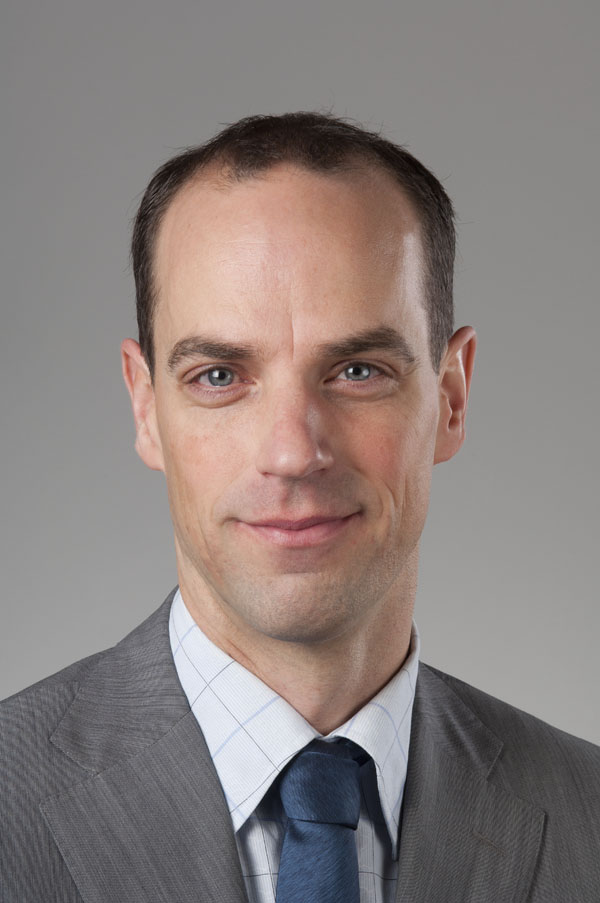
Our research group focuses on biofabrication and biomaterials design, in particular for the regeneration of (osteo) chondral defects. We are developing novel biofabriaction strategies, as well and “bioinks” for 3D printing. These hydrogel-based “inks” are both designed to drive specific differentiation of the embedded and/or endogenous cells, as well as to allow fabrication with high shape fidelity in order to generate constructs that are a blueprint of the real tissue. In addition, we are adopting bioreactor technology to mature the generated tissue constructs. Finally, approaches towards the translation of the constructs in veterinary (equine) and human clinics are pursued, including its use as an in vitro platform for testing.
Areas of interest
- Joint regeneration
- Biofabrication
- Biomaterial development
- Bioreactors
- Extracellular matrix-derived scaffolds
- Nutrient limitation
